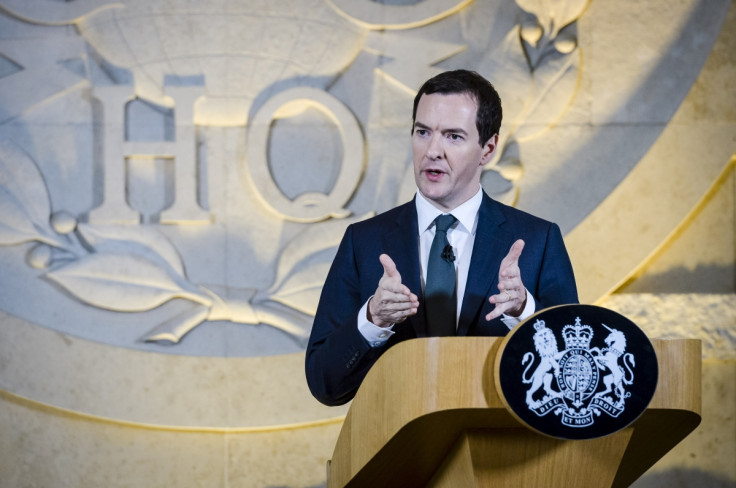Rise in UK minimum wage will cost businesses more than £1bn

Chancellor George Osborne's decision to raise minimum wages from next year will prove to be expensive for private employers. It will affect 1.7 million employees in the private sector, according to The Regulatory Policy Committee (RPC), and cost over a billion pounds annually.
The RPC is a select committee of the House of Commons and examines subordinate provisions to amend primary legislation. It said the new policy will cost private businesses £804.4m (€1.11bn, $1.22bn) in wages and non-wage labour costs, such as employers' National Insurance contributions.
The committee also estimates "wage spillover" effects, whereby the wages of employees who are already earning more than the minimum wage will rise as employers seek to maintain wage differences between workers. This could cost employers an additional £234.3m.
The costs have been calculated on the basis of Osborne's initial proposal to introduce from April 2016, a national minimum wage of £7.20 per hour for all those aged over 25 years. The burden on private employers is expected to increase as the chancellor has also announced plans to increase this to more than £9 an hour by 2020.
The committee criticised the government's 2020 target as being a more significant constraint on the Low Pay Commission. "The RPC remains of the view that best practice would be for the department to provide an economic appraisal of the full policy ambition, as announced by the chancellor, and not solely an assessment of the impact of the proposed first-year regulatory change," it said.

View of economists and businessmen
While economists were unclear on how employers would cope with the additional costs, they believe companies could resort to:
- cutting jobs
- raising prices
- accepting lower profits
- boosting worker productivity
Business leaders pointed out that the additional wage costs would come on top of other burdens such as the new "apprenticeship levy" and pensions auto-enrolment.
Government's response
The Department for Business, Innovation & Skills (BIS) said it was important for the policy to provide a fair wage while not damaging business. In order to reduce employers' burden, the government will increase their allowance from £2,000 to £3,000, benefiting up to 590,000 employers.
"We are also cutting corporation tax from 20% to 18% ... which will benefit over a million firms, save businesses £6.6bn by 2021 and give the UK the lowest corporation tax in the G20," BIS added.
© Copyright IBTimes 2025. All rights reserved.





















